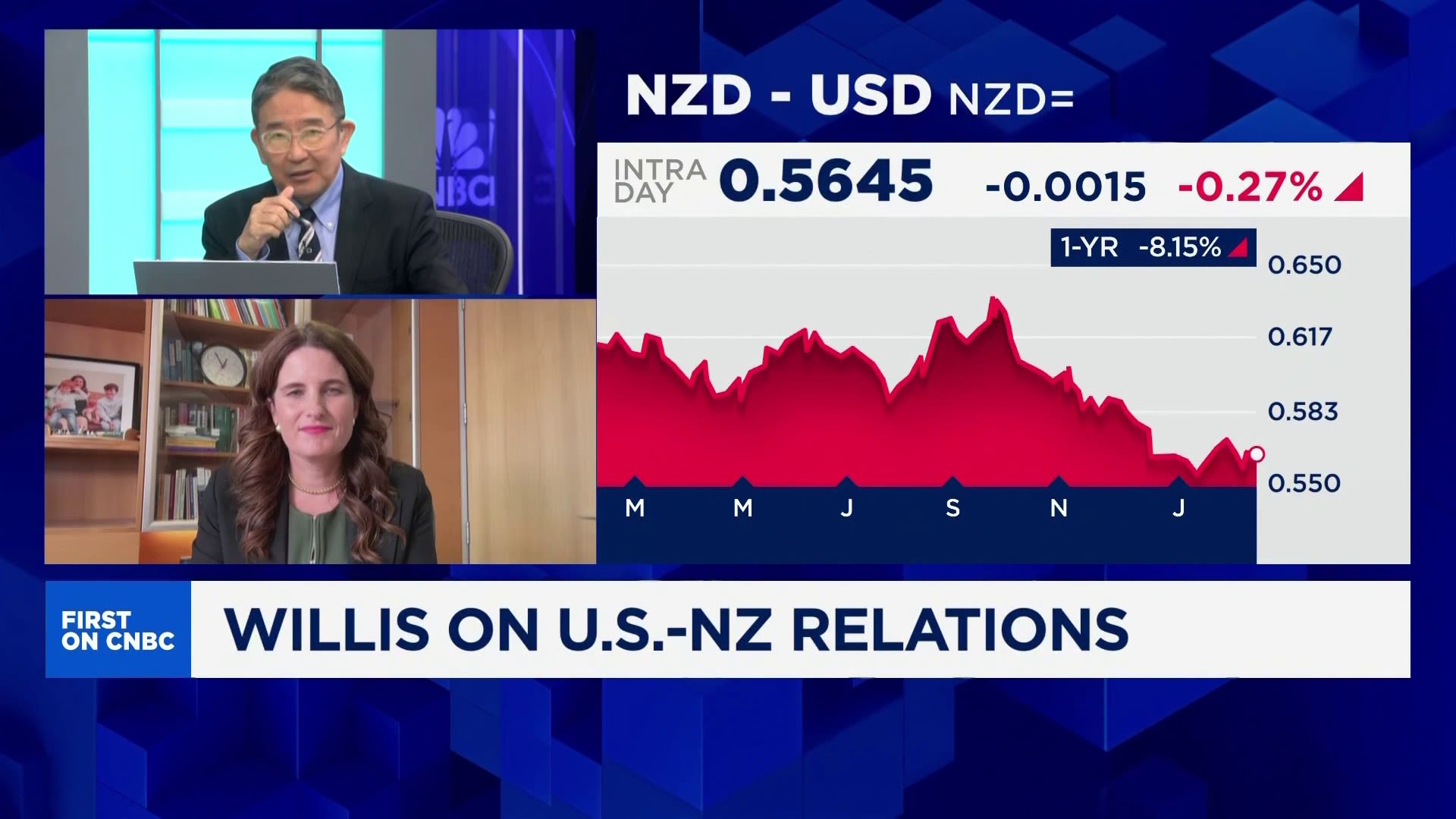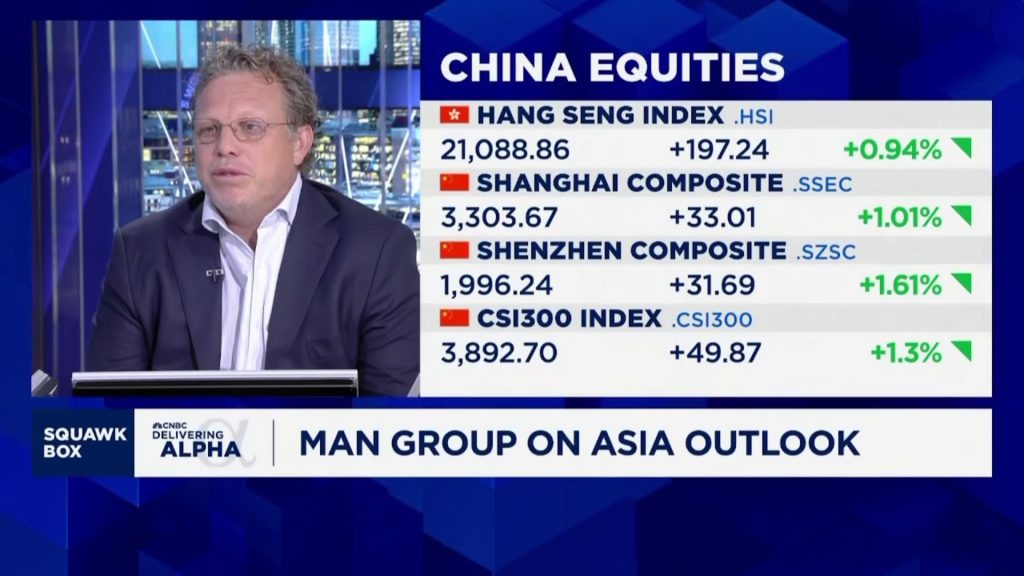
Global tariff threats from U.S. President Donald Trump aside, New Zealand is optimistic about its trade relationship with the United States.
Speaking to CNBC’s “Squawk Box Asia,” New Zealand Finance Minister Nicola Willis said that “New Zealand is distinguished in that we have a very balanced and complementary trade relationship with the United States,” adding that it’s “hopeful of pursuing ongoing positive trade relationships” with it.
She noted that the U.S. imports meat and wine from the country, and New Zealand imports “significant goods and services from the United States.”
Trump on Sunday said he will announce global tariffs of 25% on steel and aluminum imports into the U.S, adding on to earlier threats of tariffs on Canada and Mexico.
According to New Zealand’s Ministry of Foreign Affairs and Trade, the country exported 14.6 billion New Zealand dollars ($8.26 billion) in goods and services to the United States — overtaking Australia to become New Zealand’s second-largest export market — and imported NZ$11.4 billion for the 12 months ending March 2024.
That represented a trade balance of NZ$3.5 billion and a total trade value of NZ$25.8 billion, not adjusted for inflation.
Willis described the relationship between the two nations as “one that works for both parties,” pointing out that New Zealand is also part of the “Five Eyes” intelligence alliance, which she said is “a foundation of a very strong strategic relationship.”
The “Five Eyes” is an intelligence alliance comprising Canada, the United States, the U.K., Australia and New Zealand.
When asked if that means the country will be able to avoid tariffs from Trump, Willis said that “decisions on tariffs are matters for the U.S. administration,” and New Zealand “would deal” with the situation if it arises.
She is of the view that the New Zealand dollar will provide some buffers if tariffs are implemented, saying that a lower New Zealand dollar will assist the country’s exporters by making exports more competitive.
The kiwi recently weakened to its lowest point in over two years against the U.S. dollar, trading at 0.5515 to the greenback on Feb. 3.
Willis also acknowledged the country’s “significant current account deficit,” but added that the flexibility of the exchange rate will “allow balancing to occur.”


